Clogged pores are one of the primary causes of acne, a common skin condition that affects millions of people worldwide. Whether you’re dealing with occasional breakouts or chronic acne, understanding the causes and evidence-based treatment options is key to achieving healthier skin.
This article explores the leading causes of clogged pores, how acne forms, and what treatment options—ranging from over-the-counter products to oral medications—are recommended by dermatologists based on the severity of the condition.
What Causes Pores to Become Clogged?
Pores are small openings on the surface of your skin that allow oil (sebum) and sweat to reach the surface. They are connected to sebaceous glands and hair follicles. When pores become clogged, it often leads to blackheads, whiteheads, and eventually inflammatory acne.
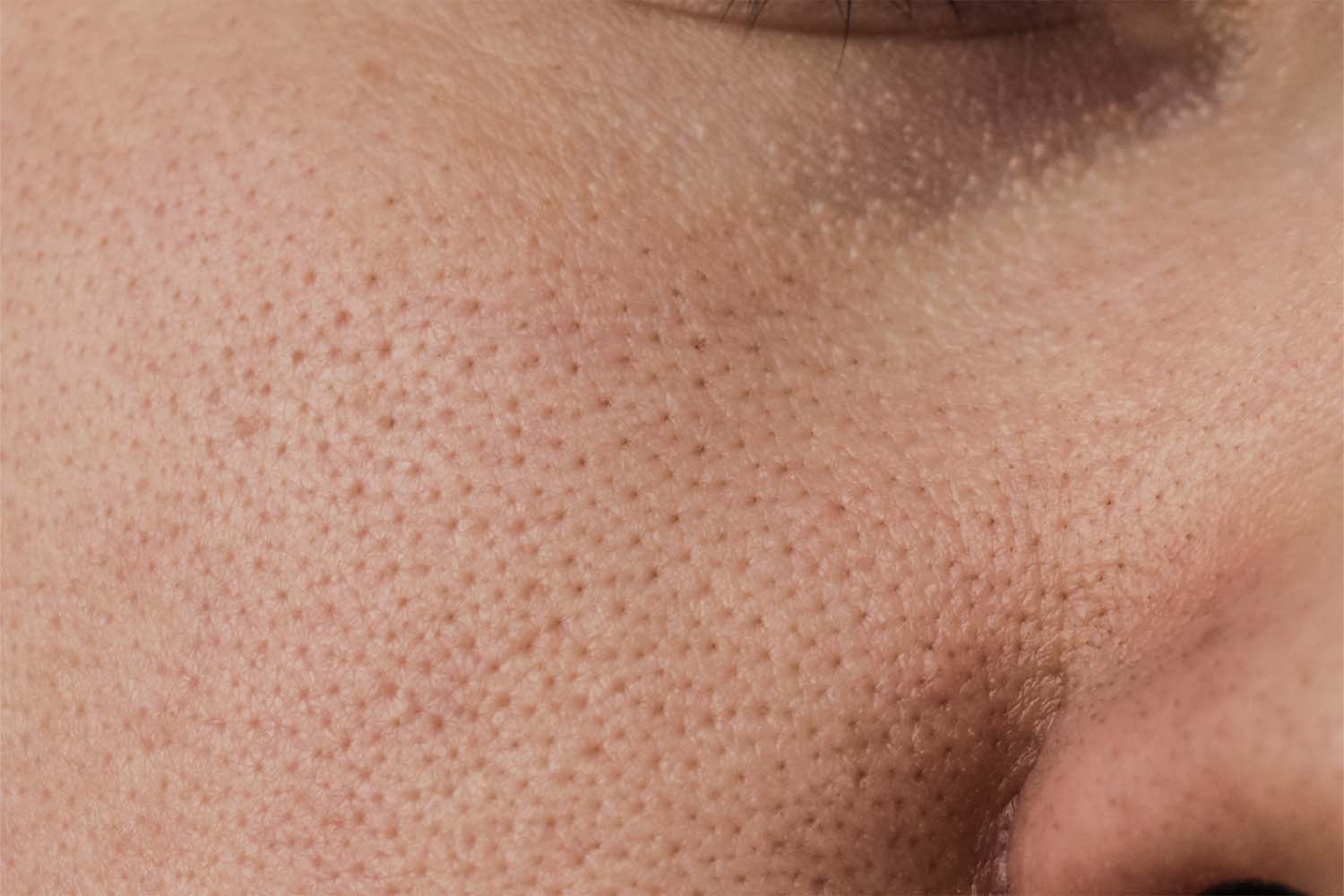
Common causes of clogged pores include:
1. Excess Sebum Production
Hormonal fluctuations—especially during puberty, menstruation, or due to conditions like polycystic ovary syndrome (PCOS)—can trigger the sebaceous glands to produce more oil than usual. This excess oil can mix with dead skin cells and bacteria, leading to blockages.
2. Dead Skin Cell Buildup
Your skin naturally sheds dead cells. If these are not properly removed, they can accumulate on the skin’s surface and mix with sebum, resulting in clogged pores.
3. Bacteria (Cutibacterium acnes)
Bacteria that naturally reside on the skin can become trapped in blocked pores, contributing to inflammation and the formation of papules, pustules, or cystic acne.
4. Comedogenic Skincare or Makeup Products
Products labeled as “comedogenic” can block pores and contribute to breakouts. The American Academy of Dermatology (AAD) recommends using non-comedogenic and oil-free skincare products, especially for individuals with acne-prone skin.
5. Environmental Factors and Sweat
Pollution, humidity, and excessive sweating (especially if not followed by cleansing) can also increase the risk of pore blockage.
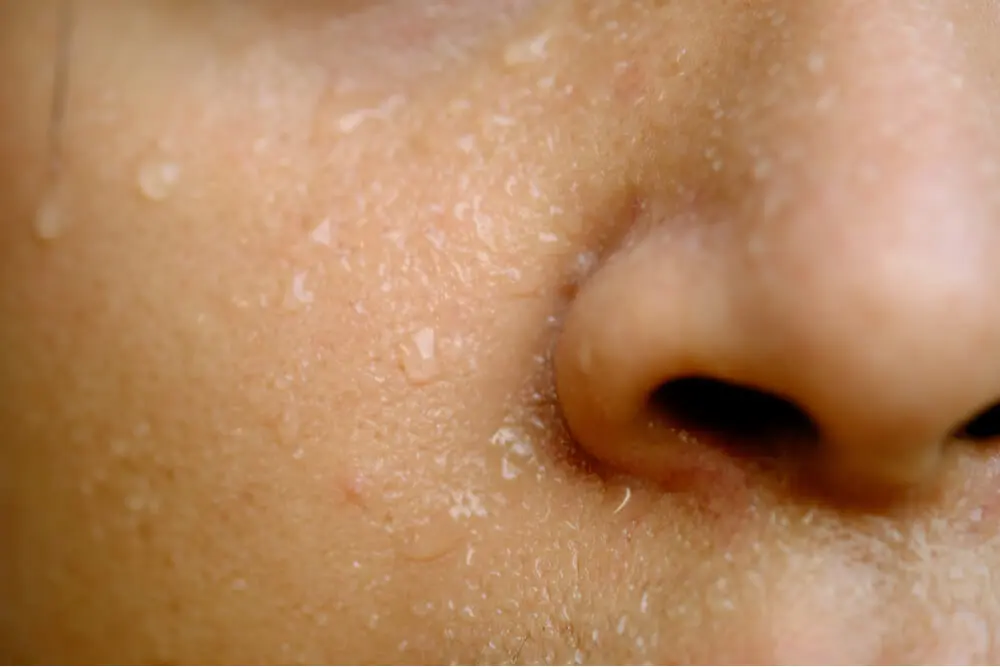
When Topical Treatments Aren’t Enough
For mild to moderate acne, topical treatments are often the first line of defense. These include:
- Benzoyl peroxide: Kills acne-causing bacteria
- Salicylic acid: Helps unclog pores and exfoliate
- Topical retinoids: Promote cell turnover and prevent pore blockages
- Azelaic acid: Reduces inflammation and bacteria
However, if you have tried several topical options without improvement, or if your acne is moderate to severe, oral medications may be necessary. According to the Mayo Clinic, combination therapy is often the most effective approach.
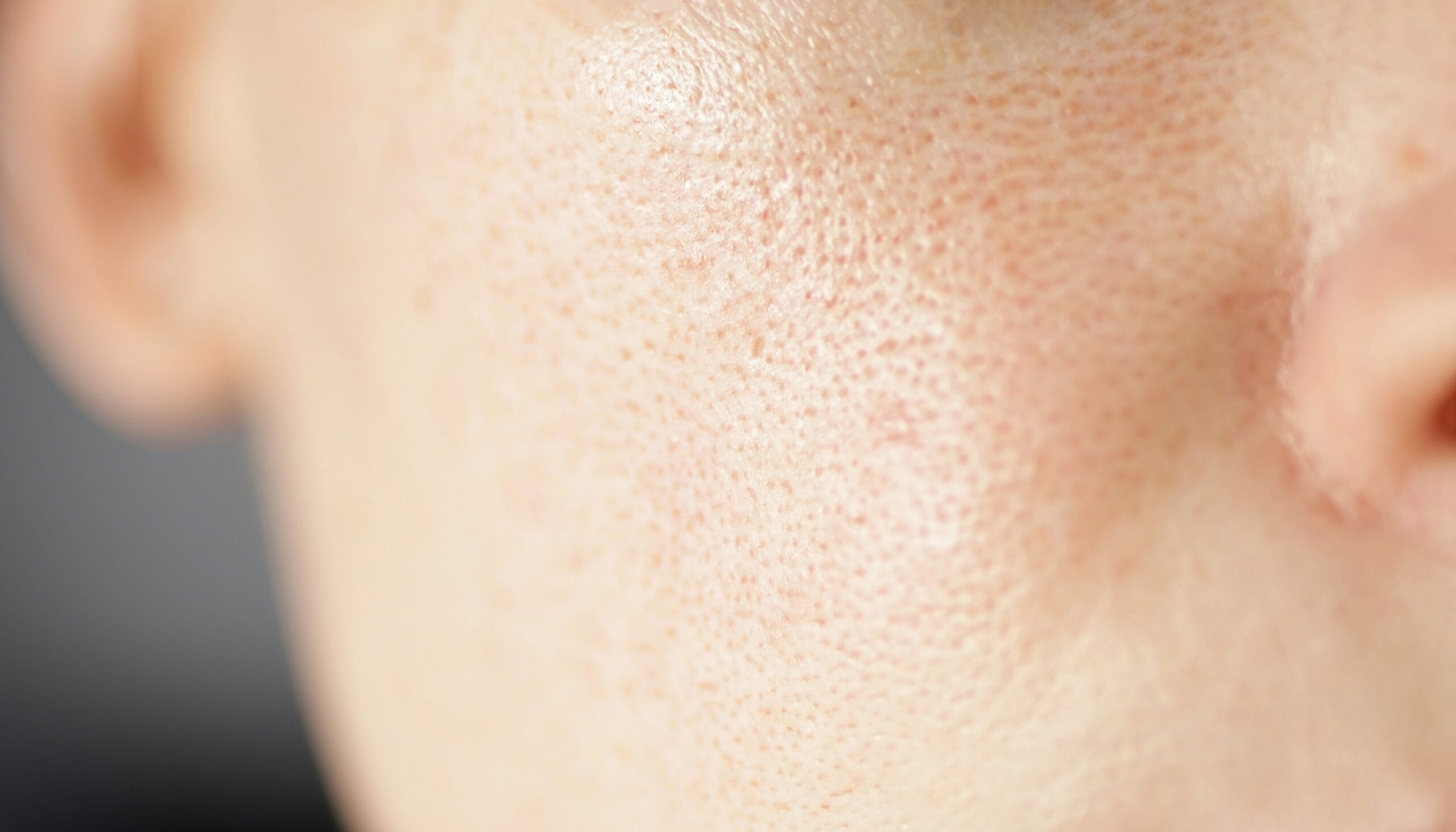
Oral Medications for Acne: What to Expect
1. Oral Antibiotics
Oral antibiotics like doxycycline or minocycline are commonly prescribed to reduce inflammation and target bacteria. These are typically used for a limited time (usually 3–6 months) to minimize the risk of antibiotic resistance.
2. Oral Contraceptives
For individuals with hormonal acne, particularly women, oral contraceptives can regulate hormone fluctuations and reduce breakouts. These should be prescribed by a healthcare provider and used under medical supervision.
3. Anti-Androgen Agents
Spironolactone is a medication sometimes prescribed to women with hormonal acne. It blocks the effects of androgen hormones, which can reduce oil production and acne severity.
4. Isotretinoin (formerly Accutane)
For severe, nodular, or treatment-resistant acne, isotretinoin may be recommended. This powerful oral retinoid targets all causes of acne: oil production, clogged pores, bacteria, and inflammation.
According to the NIH and AAD, isotretinoin is highly effective but must be used under close supervision due to possible side effects and the need for monitoring, especially in women of childbearing age due to its teratogenic risks.
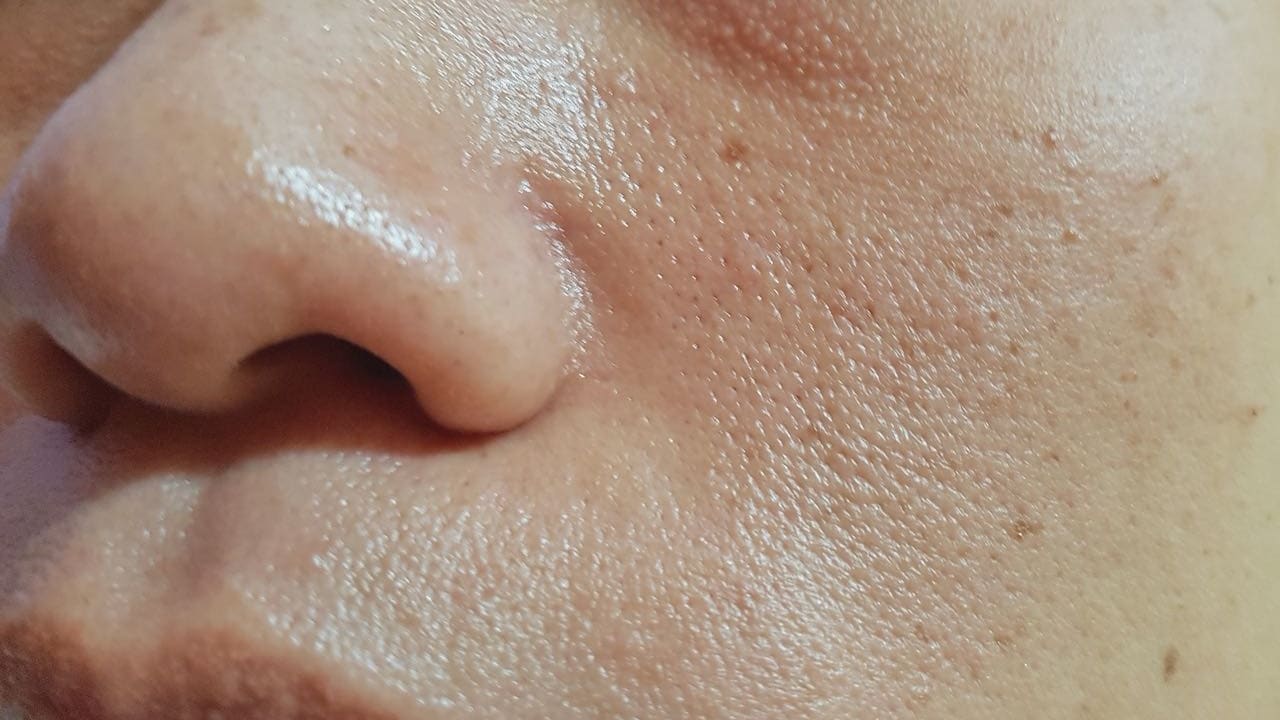
Advanced In-Office Acne Treatments
If oral and topical medications are not producing desired results, dermatologists may suggest in-office procedures. These treatments include:
1. Laser and Light Therapy
Certain types of laser treatments can target bacteria and reduce oil production. These therapies are most effective as part of a broader acne management plan.
2. Chemical Peels
A dermatologist may use a chemical solution—such as glycolic acid or salicylic acid—to remove the top layers of the skin, which can reduce blocked pores and prevent future breakouts.
3. Comedone Extraction
In some cases, minor procedures are performed in-office to manually extract blackheads and whiteheads using sterile tools. This should not be done at home, as it can lead to scarring or infection.
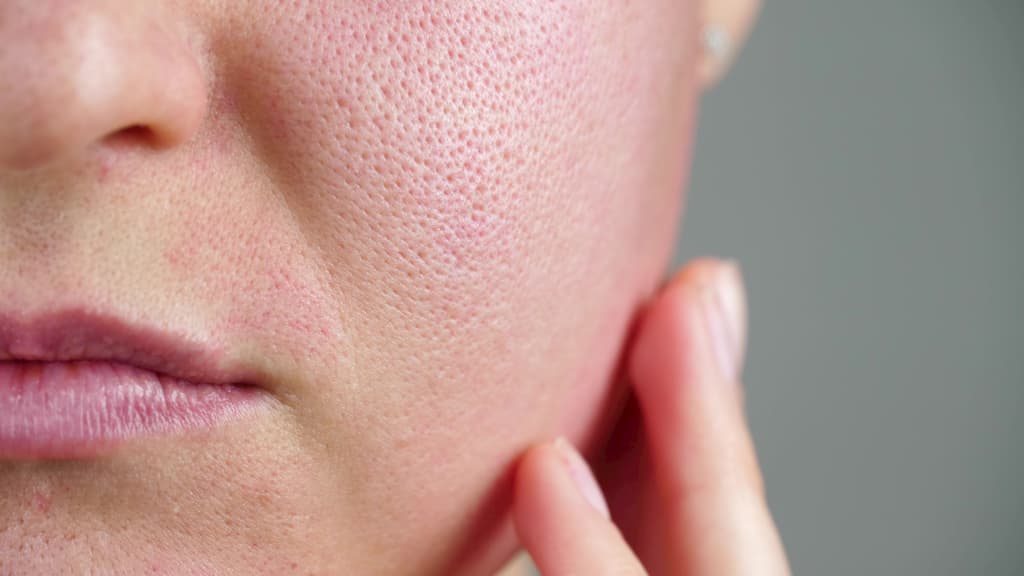
Addressing Hormonal Acne from Within
Hormonal acne, particularly in adults, may require a holistic, inside-out approach. Along with medication, lifestyle factors can influence hormone levels and skin health. These include:
- Stress management (chronic stress can increase cortisol and oil production)
- Balanced nutrition (limiting high glycemic index foods and dairy may help some individuals)
- Adequate sleep and hydration
The British Association of Dermatologists and Cleveland Clinic advise that while natural or lifestyle strategies can support skin health, they should complement—not replace—evidence-based medical treatments for moderate or severe acne.
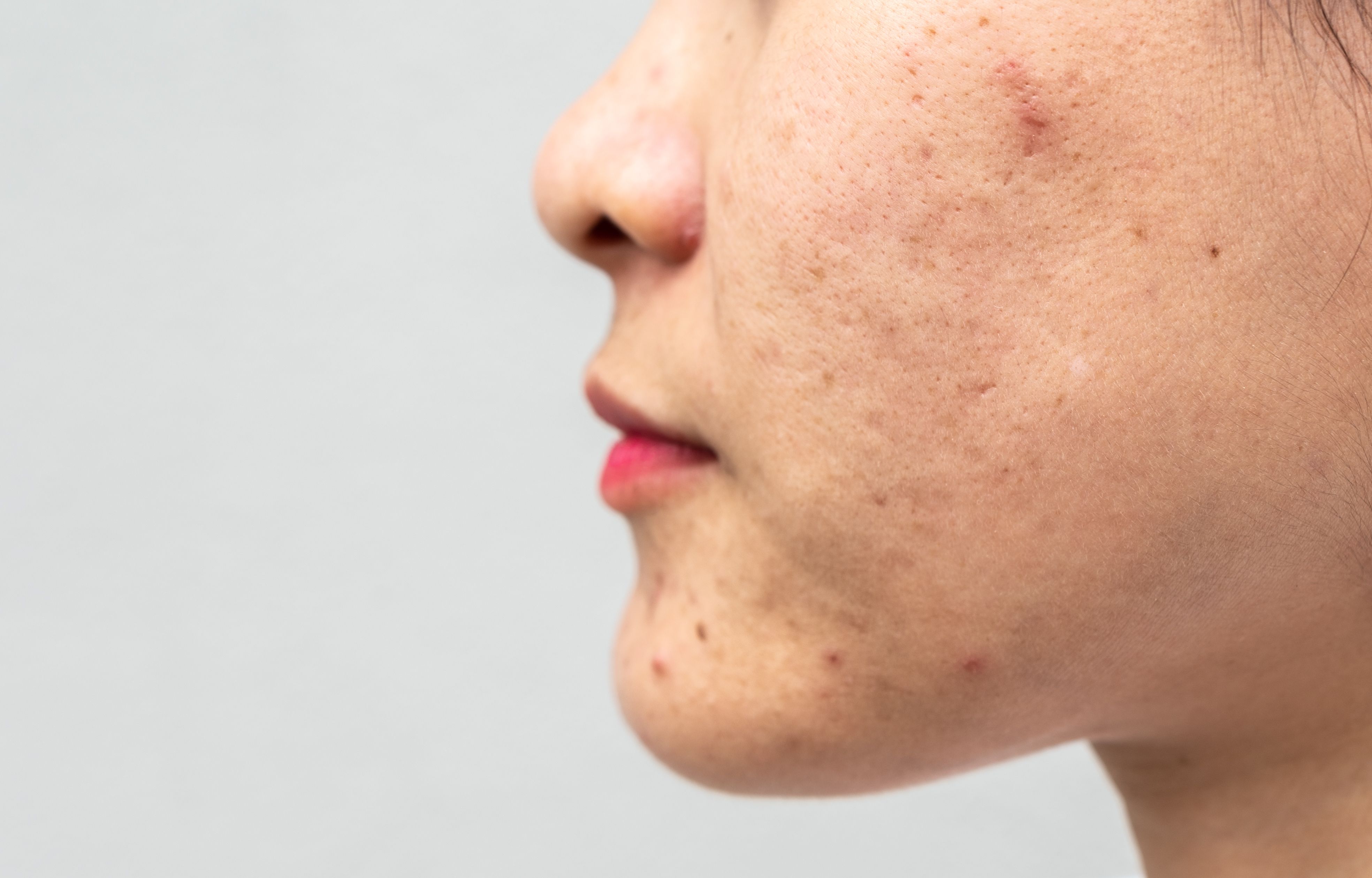
The Importance of Dermatological Guidance
If you’ve been struggling with persistent acne or clogged pores that don’t respond to over-the-counter treatments, it’s important to consult a board-certified dermatologist. A healthcare provider can:
- Identify the underlying type of acne (inflammatory vs. non-inflammatory, hormonal vs. bacterial)
- Develop a custom treatment plan
- Monitor progress and adjust medication as needed
- Provide guidance on skincare routines that support treatment
Delaying proper treatment may increase the risk of permanent scarring or post-inflammatory hyperpigmentation, which can be more difficult to treat.
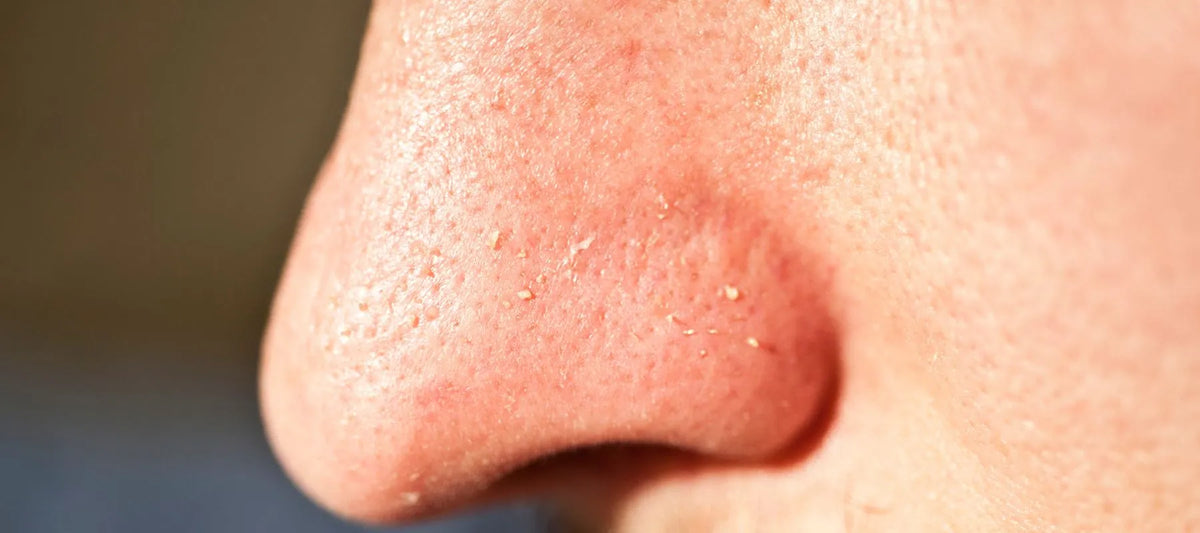
Final Thoughts
Clogged pores are a common precursor to acne, and while they can often be managed with topical skincare, persistent or severe acne may require oral medications or professional dermatological intervention.
Effective acne treatment often involves a combination approach, including prescription medications, lifestyle changes, and sometimes procedural treatments like laser therapy or chemical peels. With the right plan—and the help of a qualified professional—clearer skin is achievable.
If your current regimen isn’t working, don’t give up. Advances in dermatology offer more treatment options than ever before, helping individuals of all ages regain control of their skin and confidence.
Trusted Sources:
- American Academy of Dermatology
- Mayo Clinic – Acne Treatment
- National Institutes of Health – Acne
- Cleveland Clinic – Acne Management
- British Association of Dermatologists
